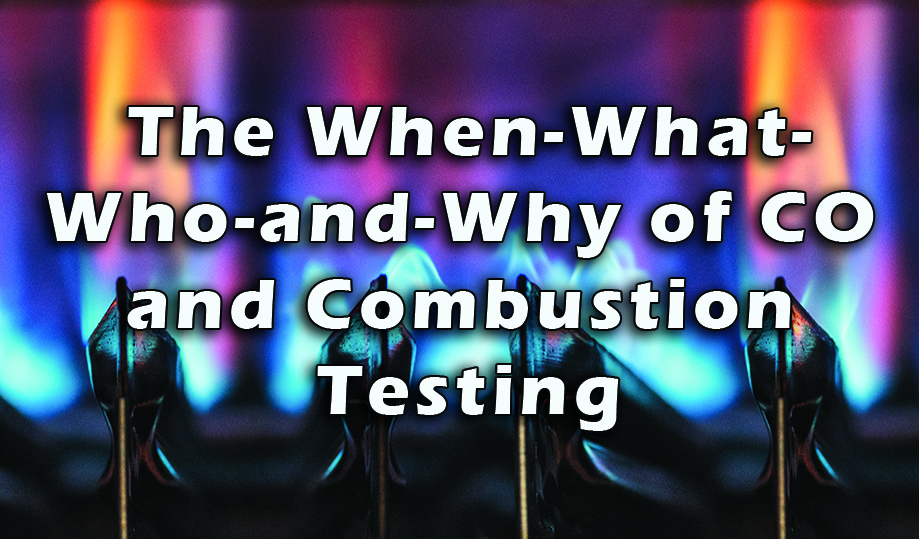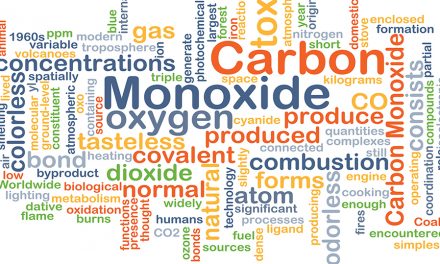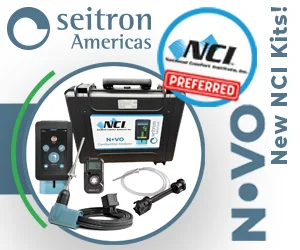I found no CO in the family room, but upon checking the bedrooms, I measured 40 to 60 ppm in them. These kids were being poisoned whenever the fireplace was in use!
I told the owner what would be necessary to correct this situation and recommended a low-level carbon monoxide monitor. Not sure about the cat’s life, but these kids certainly got an extension.
So, what do you check? I know that many times technicians are in a rush and just think they don’t have the time to check all the “Whats.” However, I know we have even less time to go back and a lot more to worry about if there is a “what” that goes wrong! Even checking infiltration from an attached garage could be a health-saving action for the occupants.
The “Who” of Combustion Testing
How about “Who” should check, test, and monitor combustion performance? Should it be up to building occupants to take care of themselves? Do you tell them to buy a carbon monoxide alarm, and they’ll be safe? Well, the fact is, alarms don’t make people safe. Alarms only let people know there is danger after the fact.
Who should customers expect to provide them with safe, efficient, and dependable system operation? As an HVAC contractor or a plumber, only you are potentially qualified to do this.

Every year consumers are told they should have their HVAC system checked by a qualified contractor. Rarely are they told to have their water heater or other fuel-burning equipment checked (ovens, gas logs, etc.) and tested.
Next question: what does “qualified contractor” mean? If you have a truck, a uniform, and a license, does that qualify you? It is unfortunate, but the truth is that only NCI Combustion Performance and Carbon Monoxide Safety trained contractors have the proper knowledge and skills to perform this task to the fullest.
There are other training programs available, but most of them are not as thorough or based on in-depth technical and scientific research.
I believe current students and NCI members are the “Who” that must do combustion performance testing. Still, the industry needs many more “Who’s” out there. NCI training helps you to trust yourselves and be confident that you have the best and proven information to perform this task.
The “Why” of Combustion Testing
So why do this? First and foremost, it should be every HVAC contractor’s responsibility. Is the “why” just for customer satisfaction and benefit, or are there potential benefits for you? The answer is yes. The benefit is the opportunity!
What may appear as a simple service call can become a very profitable event. The difference is that everything you offer the customer benefits them, whether it is in health, comfort, energy savings, or equipment life. There is nothing wrong with generating more income knowing you are doing the right thing! Preventing harm is gratifying, but you are in business to make a profit.
I believe most NCI Combustion and Carbon Monoxide students regularly apply the knowledge learned in class. However, much of what they learn may be controversial, so some hesitate to take it to the next level.
Are there certain fears or obstacles that keep you from taking all the necessary steps to correct combustion issues? Are you taking advantage of all the upgrades that can benefit customers? Eliminating draft hoods, adding barometrics, and adding safety spill switches increases safety! Liability should not be the reason you are afraid, but the main reason you do correct them!
Adding fan-forced combustion air controls makes sense! Bringing in outside make-up air to better control infiltration and exfiltration provides a healthier environment!
Click Below for the Next Page:













Recent Comments